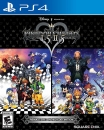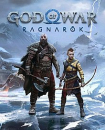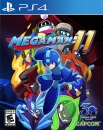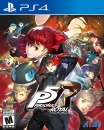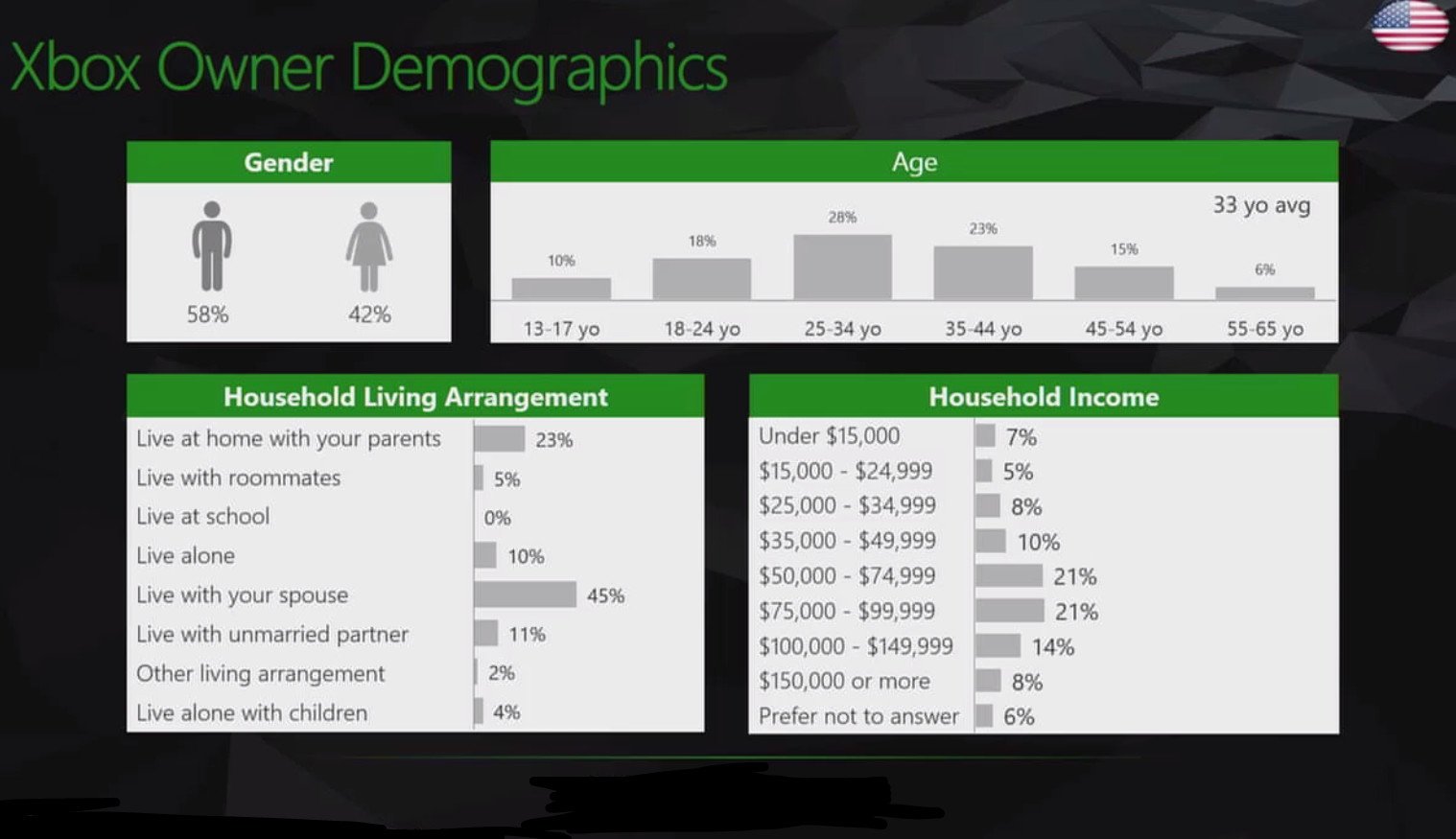I'm actually not surprised by that age distribution. The thing that I just keep thinking is throughout the years, Nintendo hasn't changed, but people have.
Throughout all the generations and different consoles/handhelds, Nintendo's approach and foundation towards video games hasn't really changed. Yes, they have slightly altered or adapted their development strategy in accordance to the times and the new technology they have access to. But their core ideas and the root foundation of their mentality has stayed the same. For better or for worse.
Their approach towards making a great Mario or Zelda game back in the 80s with Super Mario Bros. or Zelda 1, as well as the mid 90s with Super Mario 64 and Ocarina of Time, is for the most part exactly the same now with Super Mario Odyssey and Breath of the Wild.
Nintendo has been praised and criticized for many different things such as some of their gimmicky hardware which either pays off gloriously (Wii or DS) or falls flat on its face (Wii U), and their inability to get with the times when it comes to online services. But the one thing that has always remained the same, no matter what the situation or circumstance is for them as well as gaming in general, is that they know how to make a fucking awesome game that leaves an impact.
Those 40+ year olds are people who grew up with the NES playing Mario 1 & 3, Zelda 1, or Metroid.
Those 30-35 year olds are people who grew up with the SNES, N64, or Game Boy/Game Boy Color playing Mario World, Mario 64, Mario Kart, A Link to the Past, Ocarina of Time, Majora's Mask, Star Fox, F-Zero, Super Metroid, GoldenEye, Donkey Kong Country, Smash Bros, and Pokemon when that franchise took over the world in the late 90s.
And those 20-25 year olds are the ones who were captivated as kids by the Wii's motion controls and the DS's touch screens and played the shit out of Wii Sports, Animal Crossing, Nintendogs, New Super Mario Bros, Mario Galaxy 1 & 2, Pokemon Gens 4 & 5, Twilight Princess, etc.
As time went on in each of these eras, some chunks of these demographics left Nintendo in favor of more "mature" or "cool" hardware during their teen years. Some of them stayed, which I'll get more into later. For the 40+ year olds, it was the Genesis and PS1. For the 30-35 year olds, it was the PS2, Xbox, PS3, and 360. And for the 20-25 year olds, it was the PS4 and Xbox One early on. While they all ventured off on other consoles and went about their own lives, NONE of them ever truly forgot about Nintendo.
So when the Switch came around and Nintendo was knocking it out of the park with their pre-launch marketing. They were already thinking "Wow, an HD console like a PlayStation or Xbox that I can take with me as a portable like those old Game Boys and DS's from when I was a kid? That's pretty damn cool! I'm gonna check this out." Because they've grown out of that teenage/high school mindset of "being cool and hip" and peer pressure, wanting to fit in, and not bothering with "kiddy crap."
Now that these people are full-fledged adults, with their own income, and they have matured more mentally to the point where they just don't give a shit about any of that and they'll do and play whatever they want. They're more open to going back to Nintendo than they were during their middle and high school years. Then they see this brand new Zelda game that they were marketing as the first open-world Zelda. And those people who left, when they hear 'open-world' will think either of Skyrim, Fallout, or Grand Theft Auto (San Andreas, III, IV, or V, depending on which age group they're a part of, or even all of them) or games like that. So to hear 'open-world' associated with Zelda, they're gonna remember their times as kids playing Zelda 1, A Link to the Past, Ocarina of Time, or even Twilight Princess and think "HOLY SHIT! A Zelda game that's like GTA or Skyrim?!? SIGN ME UP!!" Then, they look further into the Switch and they see Super Mario Odyssey and think the same thing. "OH MY GOD! It's Grand Theft Mario!!!" They think that and then they immediately remember 64, Galaxy, and even Mario 1 depending on which part of the trailer they're watching. And it's a testament to Nintendo's ability as software developers to not only make, given the knowledge and resources they have now, great or fantastic games that could fit right into today's landscape, but that also retains their core essence and traits so that it still feels like you're playing Zelda or Mario.
Not only do they get excited, but they also get nostalgic. Because once you enter adulthood, at some point or another, you're going to yearn for your childhood and those old times when everything was so much more simple. And more often than not, Nintendo is associated with those times. So now that they're making their own money and they're seeing this new Nintendo system that actually looks cool, sleek, and has some games that look like they're going to be just as good, if not better, than what they grew up with, they're gonna dive right back in.
Combine that with the fans who never left and always stuck by them through thick and thin, and it just creates this perfect storm for Nintendo.
One where Mario Kart 8 Deluxe passes Mario Kart Wii to be the best selling Mario Kart game and is now on the doorstep to passing the original Super Mario Bros. as the best selling Mario game ever. Two things than NOBODY thought would ever happen 5-10 years ago. Or where Breath of the Wild becomes the first Zelda to sell 10-15-20-25 million, milestone after milestone, and it effectively raises the floor and ceiling for the rest of the franchise where Link's Awakening is knocking on the door of Zelda 1 as the best selling 2D game, and Skyward Sword HD can outsell the original version in just 2 1/2 months. It leads to Smash Bros. Ultimate selling 25+ million copes, it leads to Sword/Shield being the first pair of Pokemon games since Gold/Silver to pass 20 million and is now about to pass them.
While people and the rest of mainstream culture has changed, Nintendo has always, for the most part, stayed the same. Which has been a blessing AND a curse.
Last edited by PAOerfulone - on 07 November 2021Hardware Comparison Threads:
Current Thread
Is Hardware Getting TOO Powerful?
Older Threads:
PlayStation/Xbox/Switch: 2022 Edition
PlayStation/Xbox/Switch Hardware Battle: 2021 Edition!
PlayStation 4/Xbox One/Nintendo Switch: 2019 vs. 2020
PlayStation 4/Xbox One/Nintendo Switch: 2018 vs. 2019
PlayStation 4/Xbox One/Nintendo Switch: 2017 vs. 2018
PlayStation 4: 2015 vs. 2016 vs. 2017

















